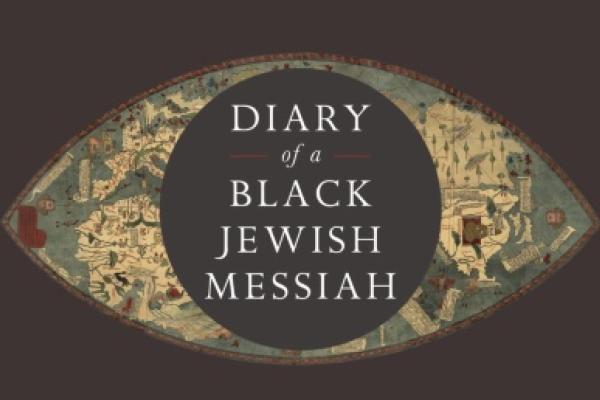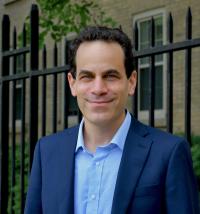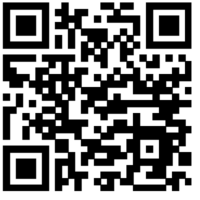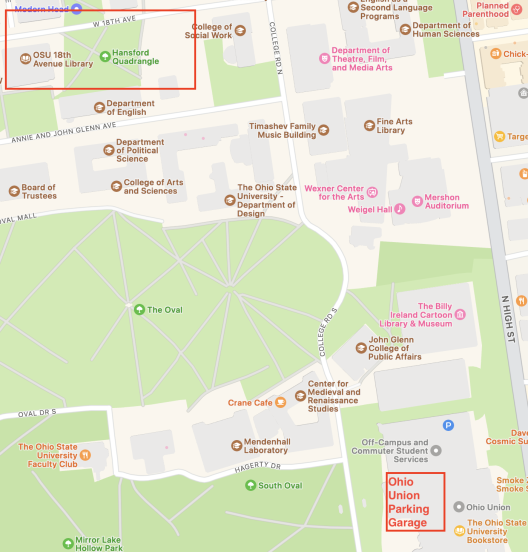
Professor Alan Verskin, University of Toronto

In 1524, David Reubeni appeared in Venice, making the unlikely claim that he was the ambassador of a powerful Jewish kingdom located in the heart of Arabia. He had access to major European rulers of his day, including important Jewish leaders.
Amazingly, this story gave him access to all the major European rulers of his day, as well as to some of the most important Jewish leaders. The key to Reubeni’s success was his apocalyptic diplomacy. Reubeni was able to persuasively speak the Mediterranean’s common language of millenarian expectancy that was shared by many Jews, Christians and Muslims. This apocalypticism both fueled and was amplified by the fierce rivalries between the ascendant Ottomans and Christian kingdoms, the expulsions and wars of religion, and the discovery and brutal conquest of distant lands and civilizations. Reubeni arrived in Europe at a time when many Christians and Jews believed that their ultimate salvation would be brought by armies originating in Africa. This talk will explore that belief and how Reubeni was able to take advantage of it.
Hybrid event: In-person or webinar. To register for the webinar go to the QR code below or email Lori Fireman, fireman.2@osu.edu

Alan Verskin is the Samuel J. Zacks Chair of Jewish History. His areas of research include religious, legal, and social history in both Jewish and Islamic contexts, from the middle ages through the nineteenth century. He is particularly interested in travel, translation, and the migration of ideas between religious communities. He is also interested in intellectual responses to religious persecution and minorityhood. What unites and connects all of these areas is an emphasis on paying attention to the first-person stories of those whose perspectives have been marginalized.
This lecture is free and open to the public.
Convenient paid parking at the Ohio Union Parking Garage.

Co-sponsored by the Center for Medieval and Renaissance Studies and the Department of Classics. Supported by the Diane Cummins Community Education Fund.
